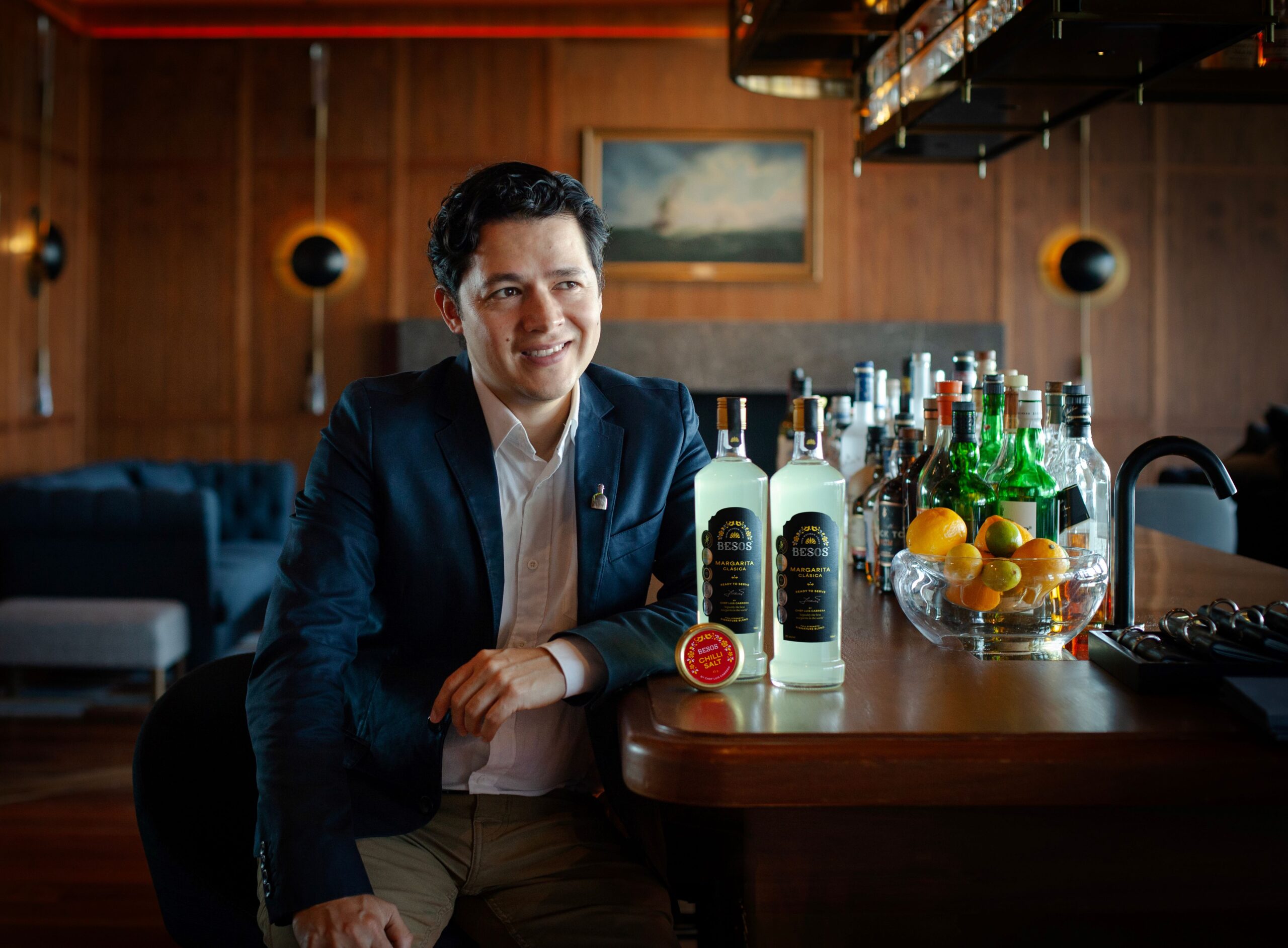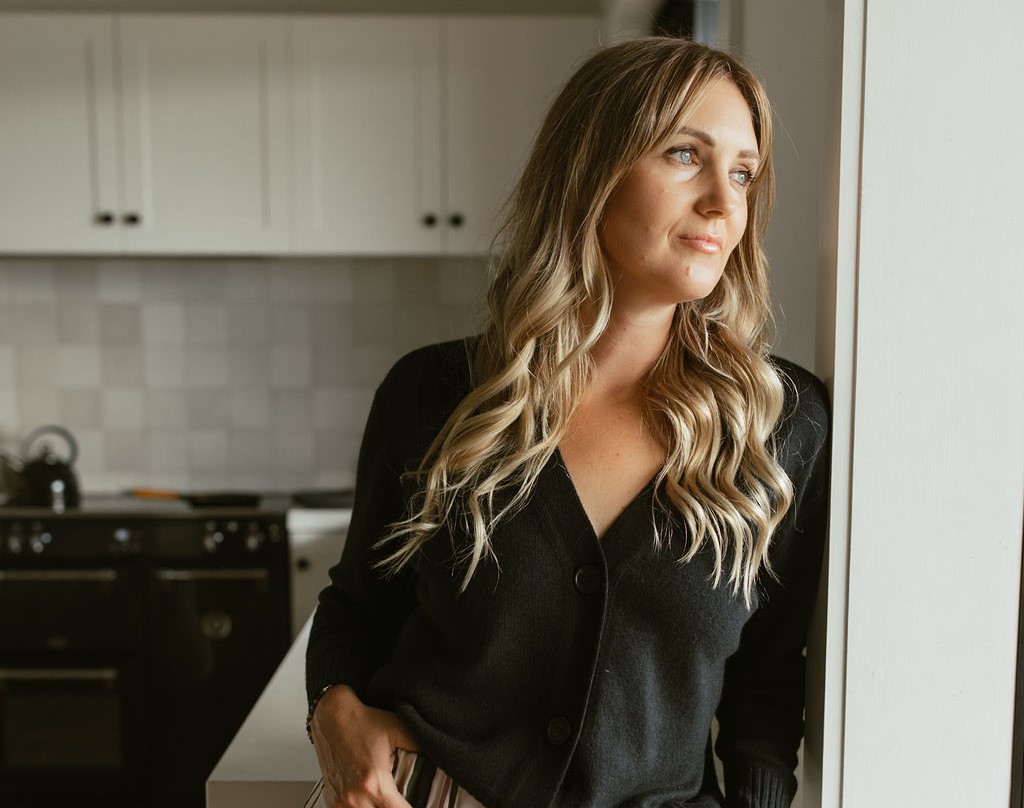Beating the shopping baby blues
Aisleworx, a company making specialised, child-friendly shopping carts, is aiming to transform unhappy shopping experiences with children into happy ones by using the latest technology to entertain kids while turning a profit at the same time. And some of the world’s largest retailers are taking notice.
By Scott Bartley.
Aisleworx, a company making specialised, child-friendly shopping carts, is aiming to transform unhappy shopping experiences with children into happy ones by using the latest technology to entertain kids while turning a profit. And some of the world’s largest retailers are taking notice.
For Aisleworx founder and CEO, Doug Bartlett, the story begins more than a decade ago after removing his own five year-old son, “kicking and screaming”, from a supermarket. It got him thinking there must be an easier way to keep children (and subsequently, everyone else) happy while doing the groceries.
This thought led to his first shopping cart company, Cabco.
Cabco provided simple, coin-operated, ride-in carts to supermarkets around New Zealand. The concept evolved to encompass increasingly sophisticated carts with built-in audio and video systems. They were a hit and soon became a common sight at supermarkets up and down the country.
Overseas interest followed, as did contracts with some of the biggest names in the industry – think Walmart.
Business was good, he says. “At that stage we were vending the carts for $2 and were rolling out through Walmart, Krogers and Safeway. We had a really good run for about four years overseas and ended up with contracts to supply all the top ten US chains.”
But it wasn’t all smooth sailing for Bartlett’s company. The capital intensive business model relying on retaining ownership of the carts and renting them out on a per-use basis proved to be unsustainable. Eventually he and Cabco went their separate ways.
Now, Bartlett is back, this time with Aisleworx and armed with a more technology-savvy take on the same, successful idea.
Bartlett explains: “the problem with vending the carts is that you make the same money if someone rents the cart for two hours or five minutes.” An improved revenue stream was required and, for Aisleworx, advertising was the answer, he says.
“We developed the idea of advertising on the carts. This requires a whole bunch of new technologies to do things like feed ads to the carts via the cloud, report back to our data centre and update the content – but in the end they rely on the same basic concept of keeping families happy.
“The big difference now is that it doesn’t matter if it’s one long ride or many short rides, the income remains steady. The carts are leased by supermarkets and we no longer rely on cart rental to make money. Customers can use them for free and advertisers can reach their target audience right at the point customers are making their buying decision.”
In addition to this, Bartlett explains, the supermarket and media companies are also cut into the advertising revenue stream. “Suddenly, the cart has moved from being a cost centre, to a very significant profit centre for the chain.”
Each cart is a hive of technology with a sophisticated on-board computer system managing multiple screens to display entertainment for the children and advertising to oncoming store traffic. The technology is capable of detecting where a cart is in store to display relevant advertising or a simple loop of ads.
Interest in the carts is hotting up and Aisleworx has secured commitments from several large American chain stores, bringing with it a need to ramp up manufacturing of the carts.
“Even though the company is making a profit, we needed to raise between $500,000 to $1,000,000 to get a new production facility going and hire a bunch of new people. That’s why we’ve gone through the Angel system with Rudi Bublitz,” Bartlett says, referring to the current investment round underway with angel investment group, Flying Kiwi Angels.
“It’s been great, they’ve really stepped up and been very supportive. I’ve raised quite a bit of money over the years and this has been one of the best experiences – I can’t think of a downside.”
Auckland angel investor and one of Flying Kiwi’s founders, Rudi Bublitz, took the lead in the due diligence process for Flying Kiwi Angels and says he liked what he saw in Aisleworx. He was also intrigued by the way the company was well past the seed-funding stage with signed contracts in the US ready to go.
“It almost sounded too good to be true, so we did our due diligence, liked it and decided to invest. We see a bright future for Aisleworx”.
Flying Kiwi Angels is hoping to close out the funding round in November with $1M in investments in Aisleworx.
Scott Bartley is a Tauranga-based freelance business and technology journalist. www.linkedin.com/in/scbartley






